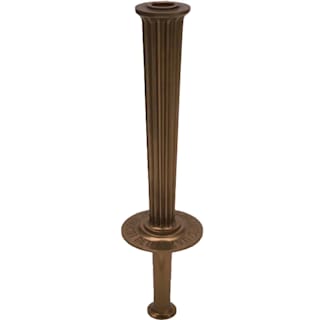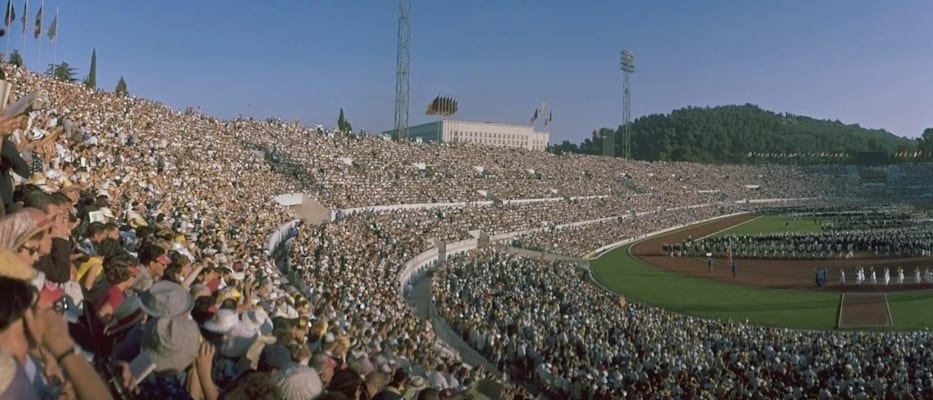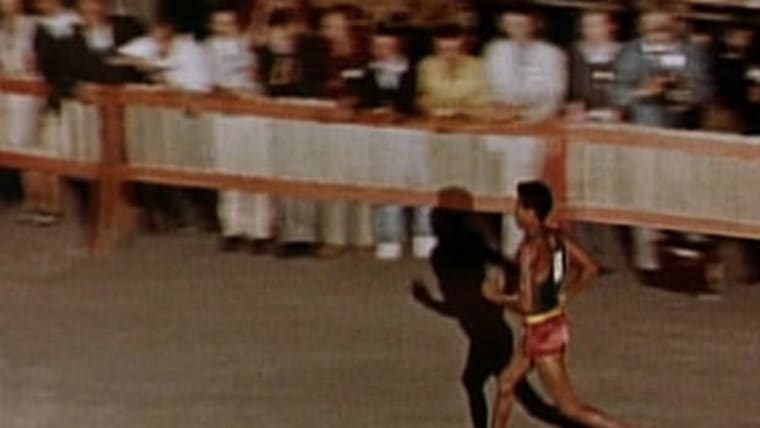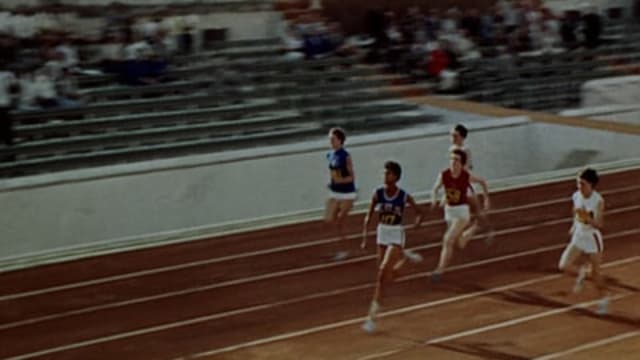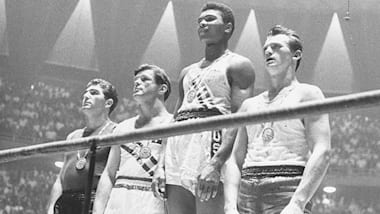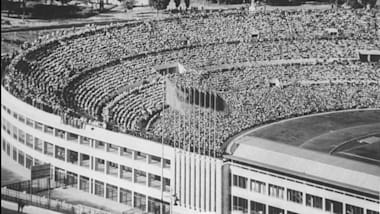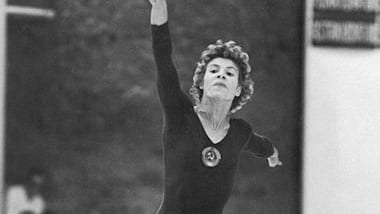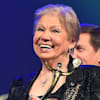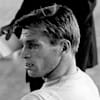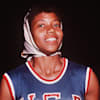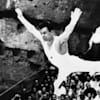Olympic Games Rome 1960
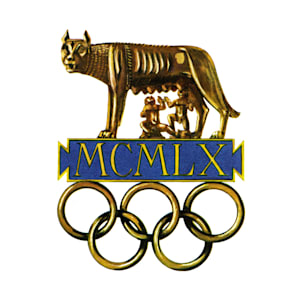
Rome 1960
About the Games
Dramatic Setting
Rome finally got its chance to stage the Olympic Games, 54 years after Italy had to give up hosting the Games. These Games saw a close union between sport and culture in this city on the banks of the Tiber with a rich historical past. The Italians made the most of their ancient history, holding the wrestling competition in the Basilica of Maxentius and gymnastics in the Caracalla Baths.
Repeat Performers
Paul Elvstrom of Denmark won his fourth consecutive yachting gold medal in the single-handed dinghy class. Hungarian fencer Aladar Gerevich earned his sixth consecutive gold medal in the team sabre event, and in canoeing Sweden’s Gert Fredriksson won his sixth gold medal.
Barefoot and Victorious
Running barefoot, the Ethiopian runner Abebe Bikila did not go unnoticed when he entered the marathon. He refused to be daunted by condescending remarks, however, leaving all his opponents behind and crossing the finishing line victorious under Constantine's triumphal arch. In doing so, he became the first Black African Olympic champion.
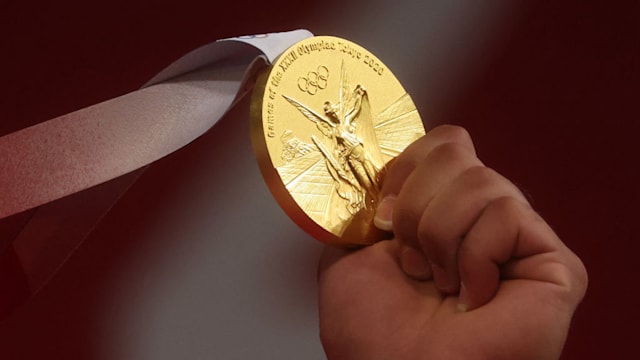
Medal Table
See the list of teams and medals won by each.
1960
Featured Athletes
Replays from
Rome 1960
All Replays1960
Discover the Games
The Brand
A visual identity is developed for each edition of the Olympic Games.Brand

The Medals
Beginning as an olive wreath, medal designs have evolved over the years.Medals
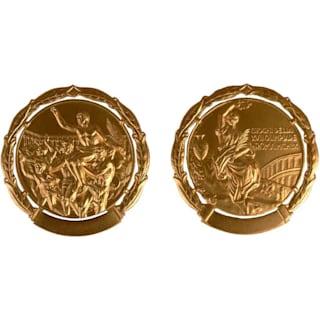
The Torch
An iconic part of any Olympic Games, each host offers their unique version.Torch
